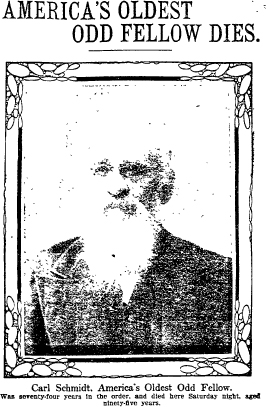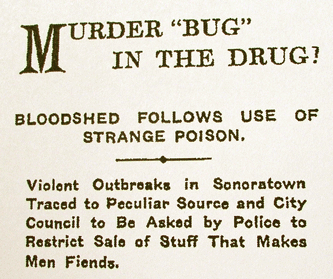On routing duty in advance of the June 16
John Fante tour, Richard and I zipped down to 826 Berendo, where the master penned his great
Ask the Dust, only to discover it the most heartbreaking sort of eyesore, boarded up yet all too easy to access, home now to the sorts of miserable edge-dwelling citizens who were, after all, his particular interest. One of them has a talent for charcoal portraiture.

Richard returned with photog Meeno Peluce and
documented the miasma, then began calling city agencies in hopes, not of delaying the inevitable demolition, but of at least getting a plaque or street sign to honor the author and the work. Sadly, it seems the city only provides plaques for buildings that have been designated historic, and the only designation this poor, abandoned place is likely to get now is "Pee-YOU!" But we’ll keep trying; Fante deserves as much.
Stephen Cooper, author of Full of Life: A Biography of John Fante says, "When Ask the Dust was published in 1939, the young novelist John Fante was living with his wife Joyce at 826 South Berendo. Today the story of Arturo Bandini and Camilla Lopez is widely considered the starting point of Los Angeles literature. If the abandoned apartment building where Fante realized his masterpiece is torn down and hauled away, the neighborhood will be removing an eyesore but the city will be losing a piece of its history. I join with all who urge that this site be recognized in some concrete and permanent way so as to preserve the memory of the incandescent time when John Fante called South Berendo home."
Meanwhile, just a few miles north, a short portion of Berendo has been renamed for another notable L.A. author, L. Ron Hubbard. It would be sweet if the same could one day be said of the 800 South block and Fante.





